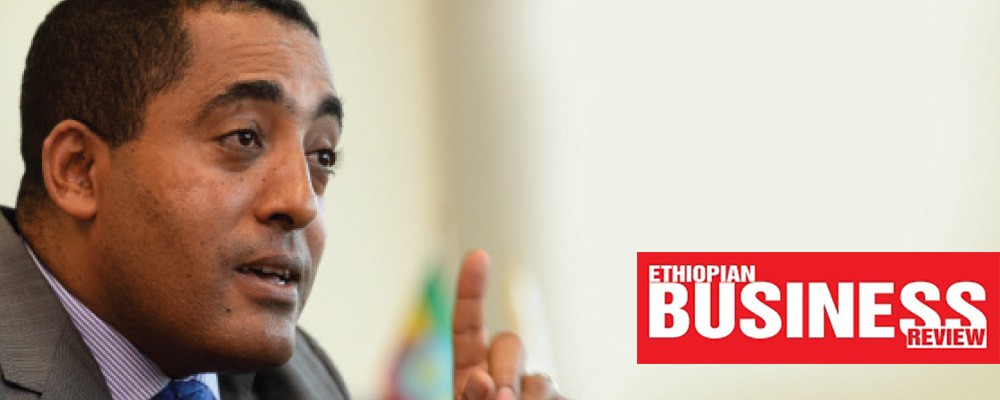Awash International And Dashen Banks’ Stiff Competition, the Defining Factors for this Year
Despite the fact that private banks are still a relatively new concept in Ethiopia, two stand tall among the nation’s 16 private banks: Awash International Bank and Dashen Bank. Both enjoy larger after-tax profits than their competitors do. According to the National Bank of Ethiopia (NBE), in the 2013/14 fiscal year alone, both banks’ collective net profits exceeded ETB1.37 billion, accounting for roughly 40Pct of the entire private banks’ after-tax profits that year. While the nature of their competition isn’t necessarily adversarial, both banks have been in stiff competition with one another in certain indicators – such as paid-up capital, total assets, and loan disbursements – in which each bank has enjoyed supremacy over the other in different years. However, the overall success of each bank obscures the reality behind the scenes: both have had their performance – and assets – adversely affected by foreign currency shortages, surging expenditures and liquidity challenges. EBR’s Fasika Tadesse explored each bank’s 2014/15 fiscal year performance – analysing the nuances of each company’s overall figures – in order to shed light on the two financial titans that have dominated Ethiopia’s private banking sector.










